Promoting inclusive leadership and culture
Anyone with experience, knowledge and insights can be a mentor and when we look at mentoring that focuses on diversity and inclusion, there are a number of ways this can manifest itself. Reverse mentoring schemes provide us with an incredible opportunity to build inclusion across the sector. Reverse mentoring turns traditional mentorship on its head as leaders become the mentees and junior staff look to educate leaders about diversity issues by exposing them to insightful conversations, potential challenges and experiences that they may otherwise never encounter. Reverse mentoring acknowledges that the more senior person is the one who is looking for a fresh outlook and these relationships are often profoundly transforming for both parties and create a more inclusive culture.







